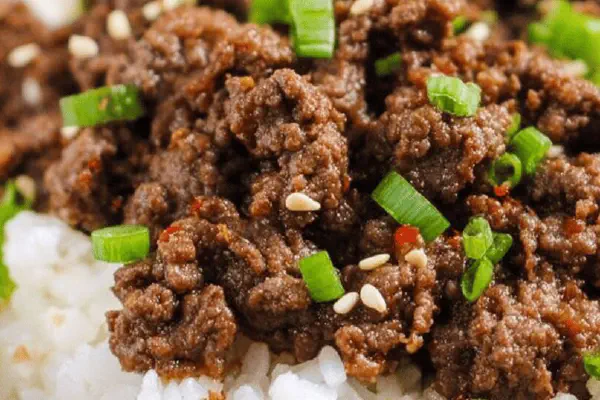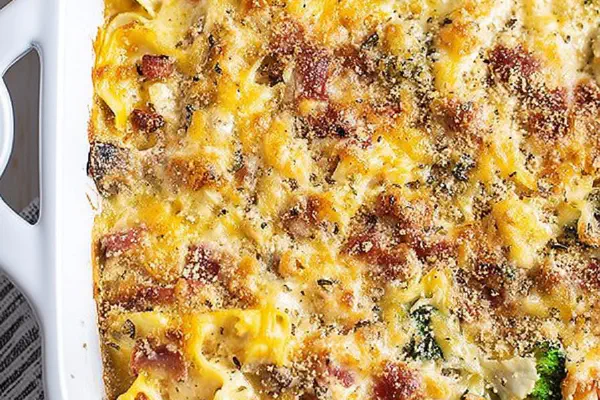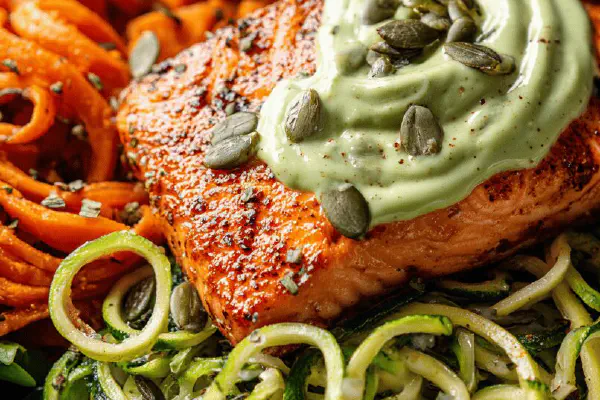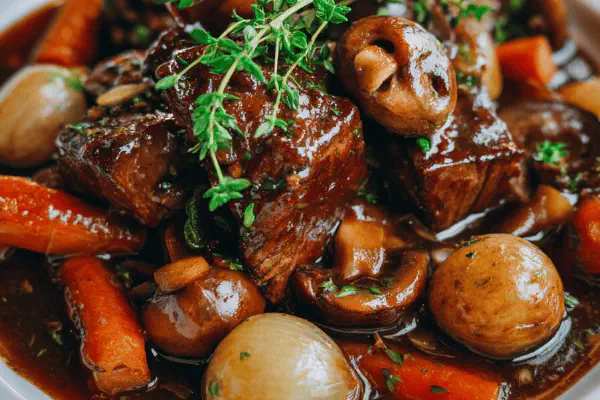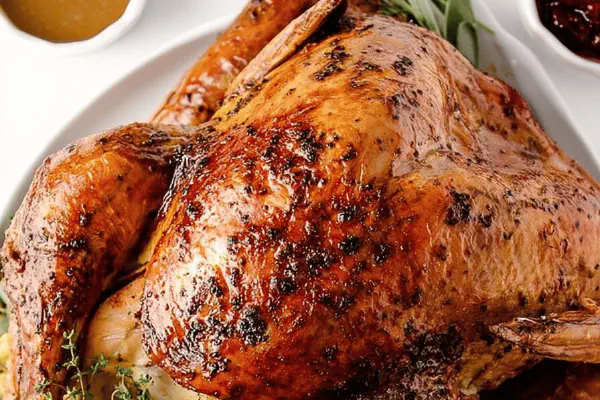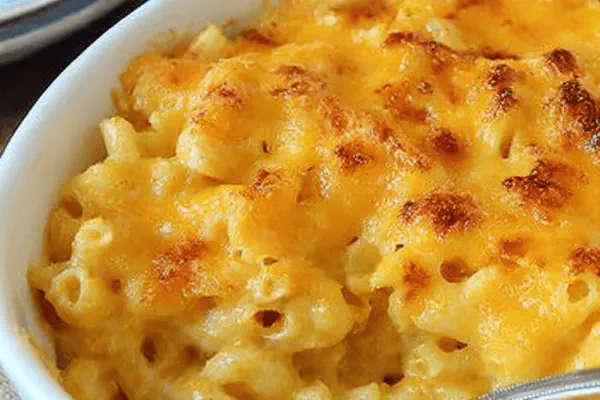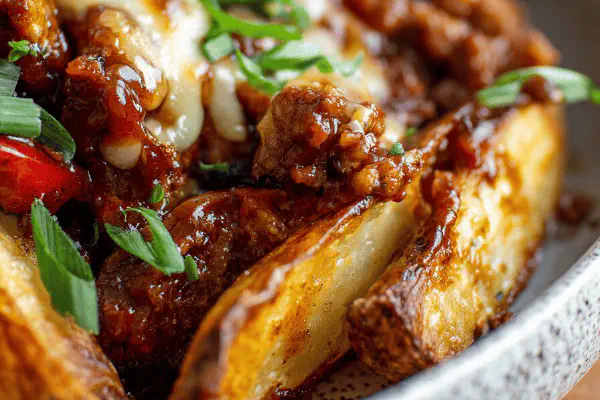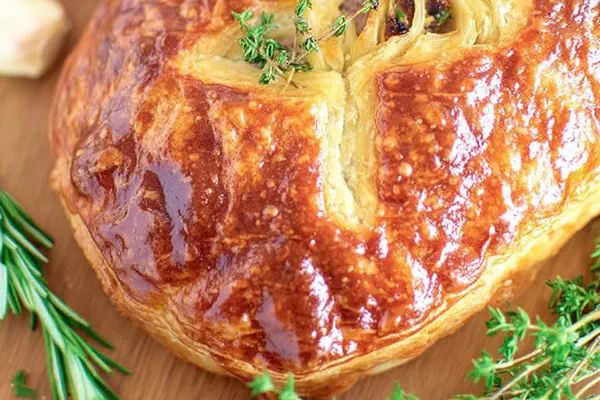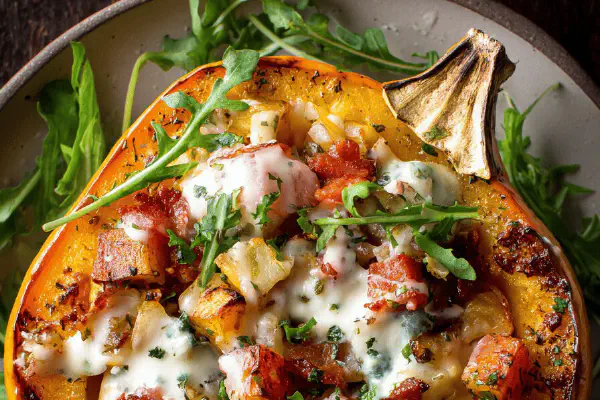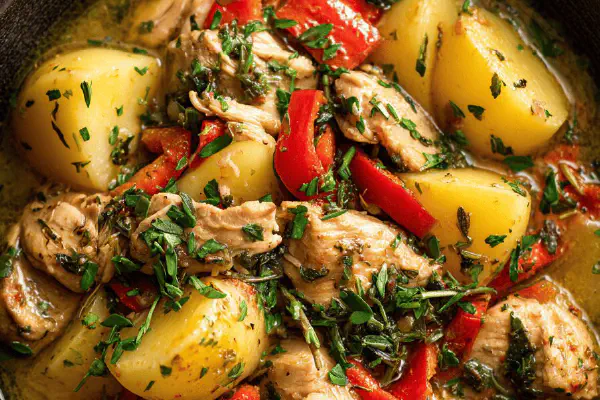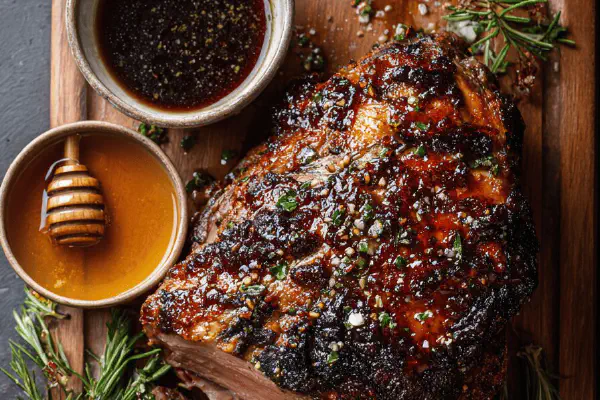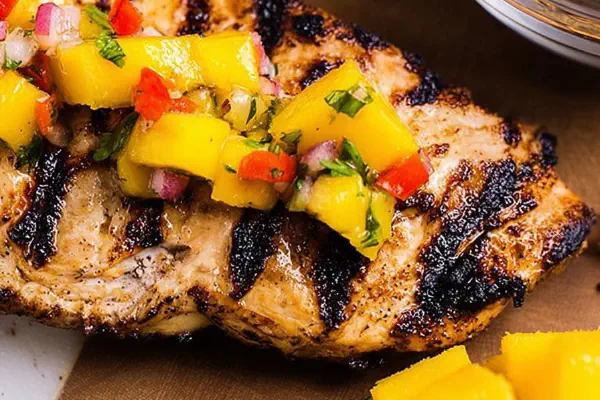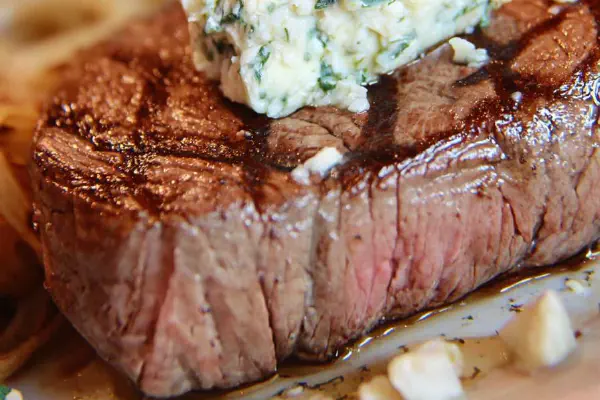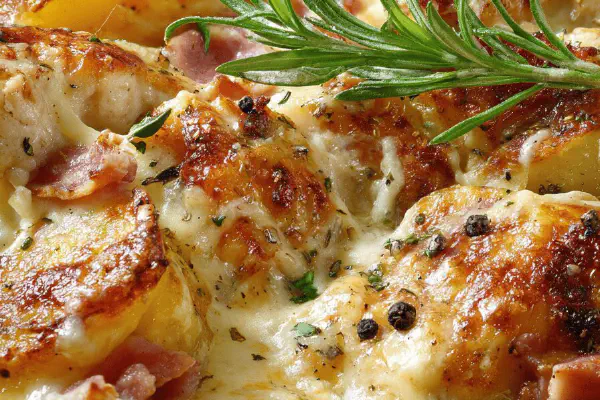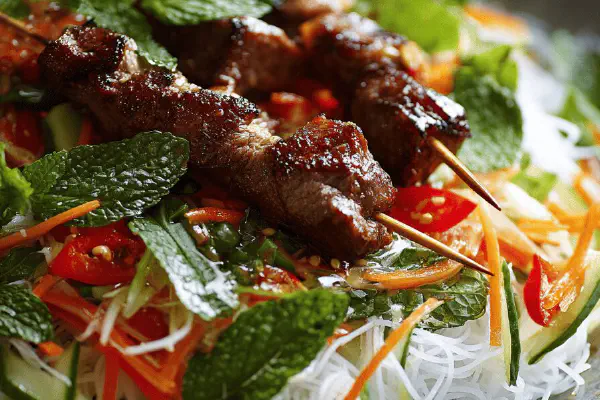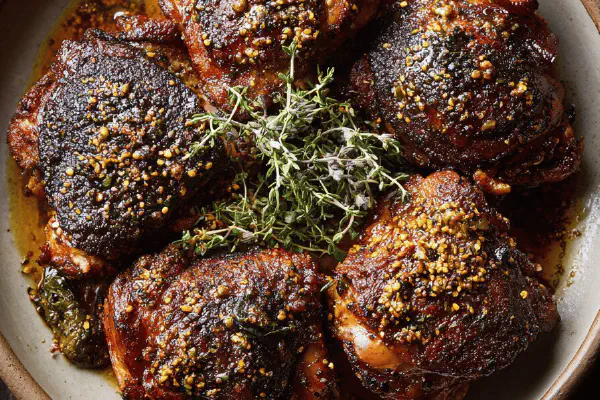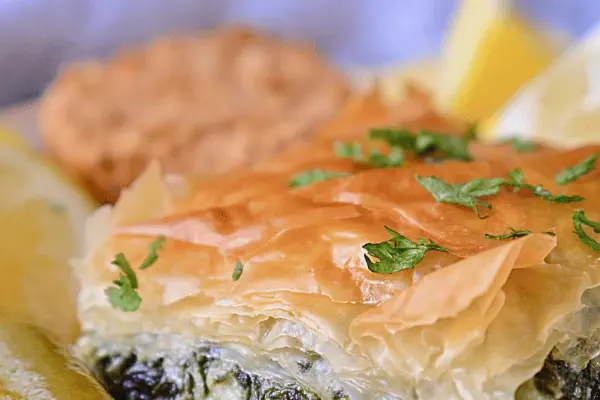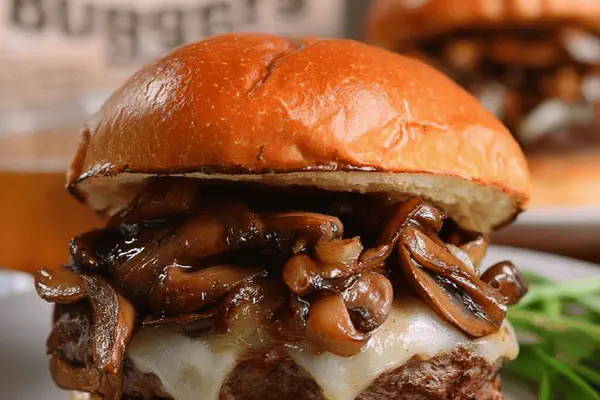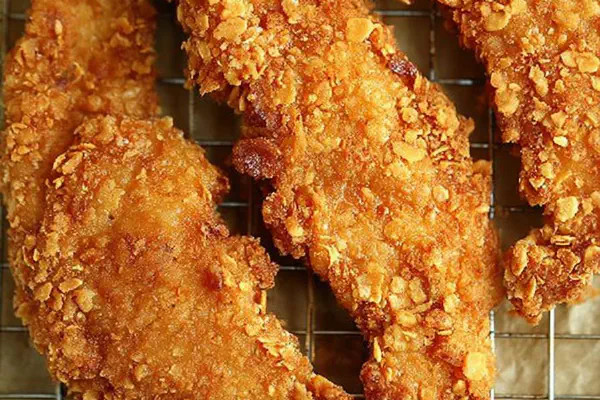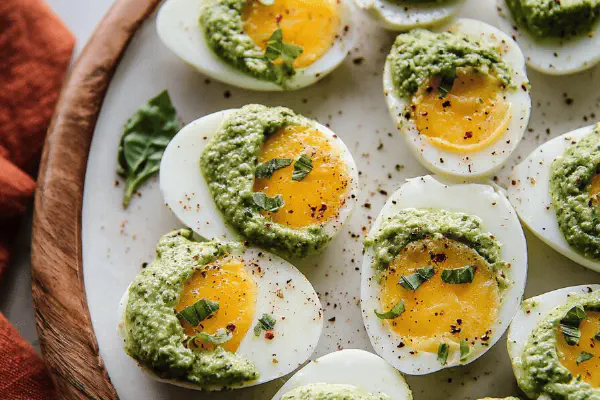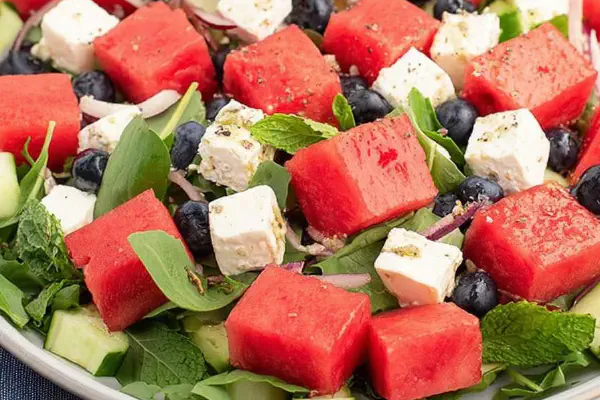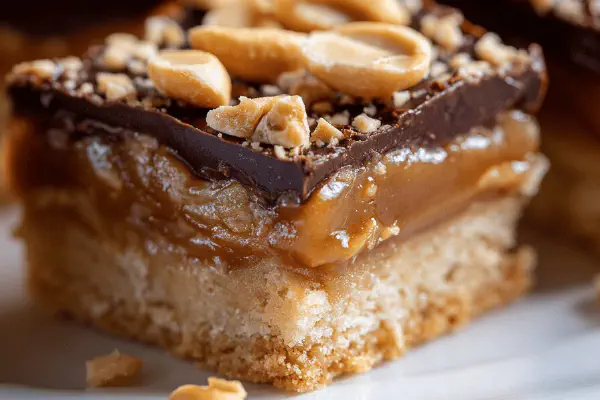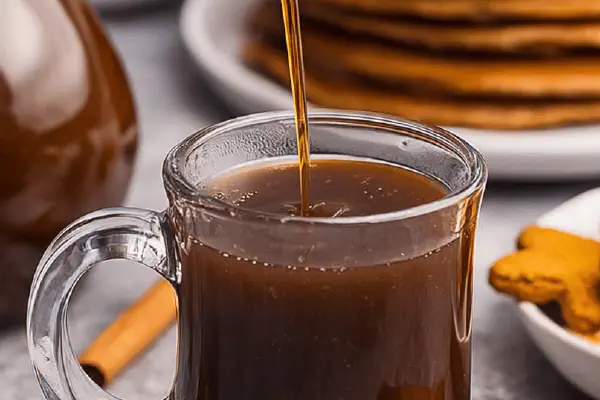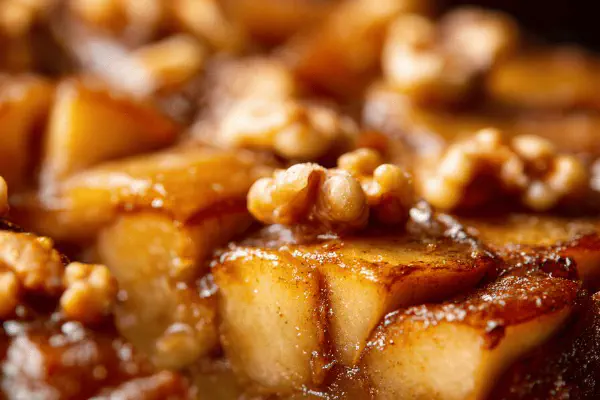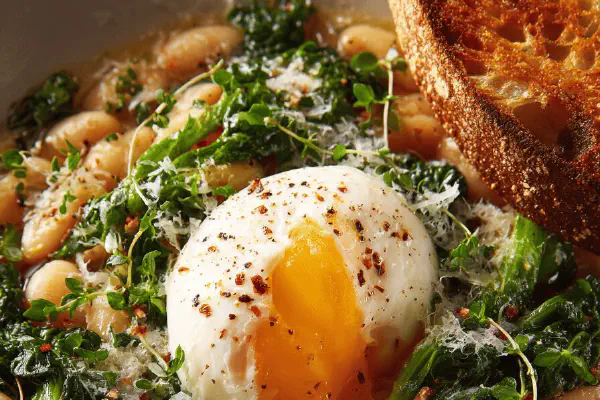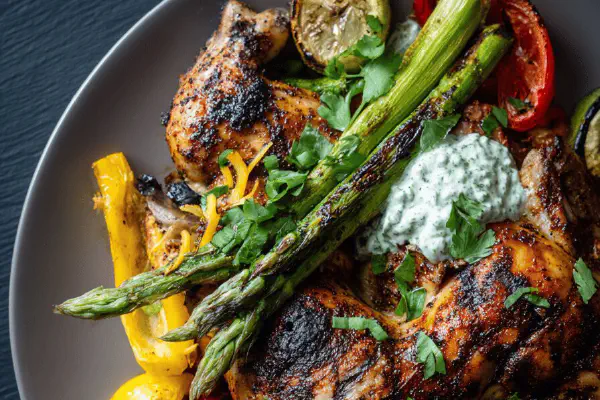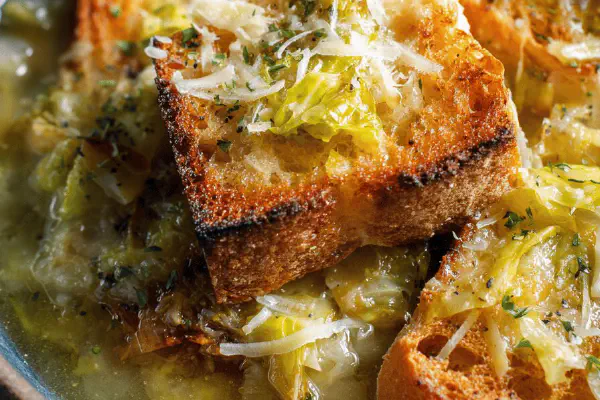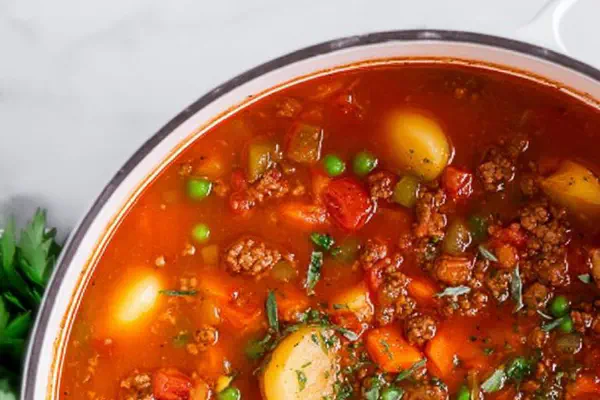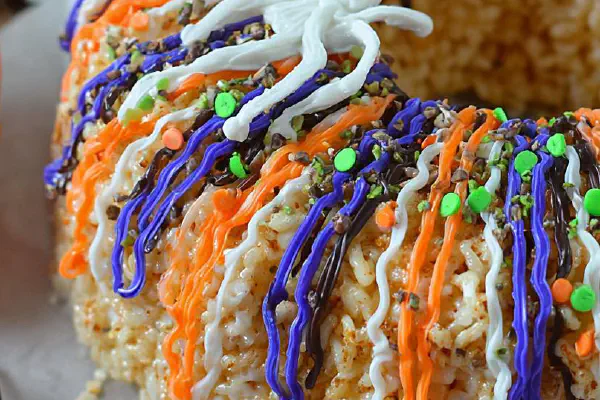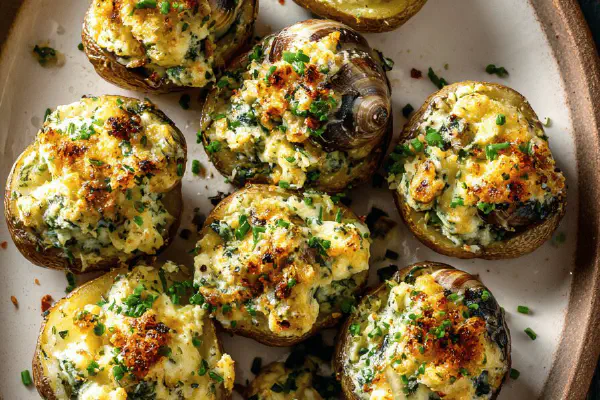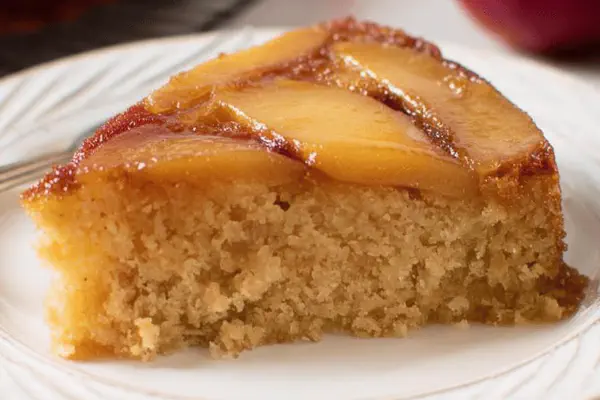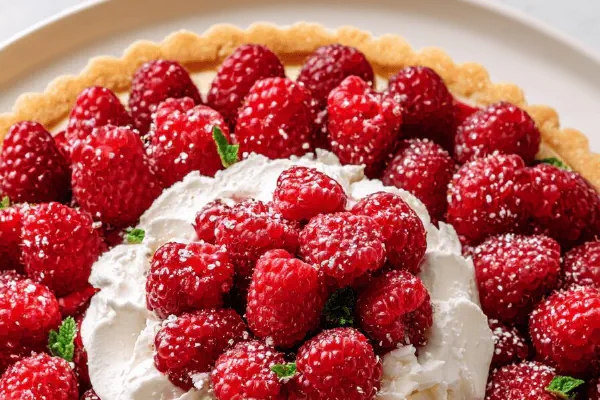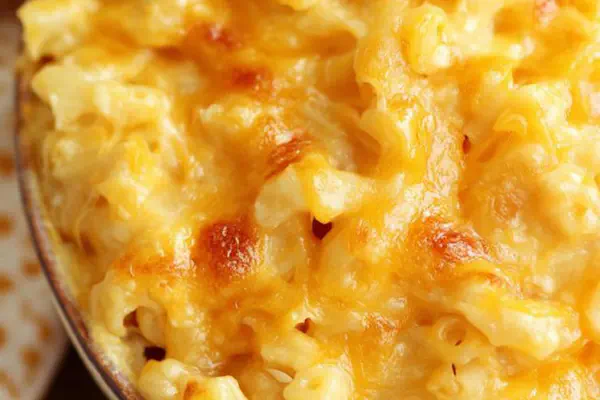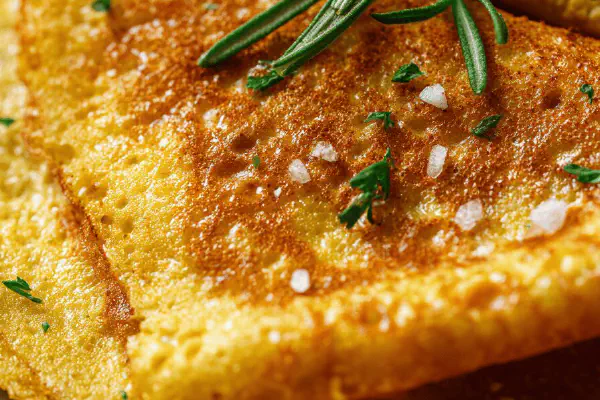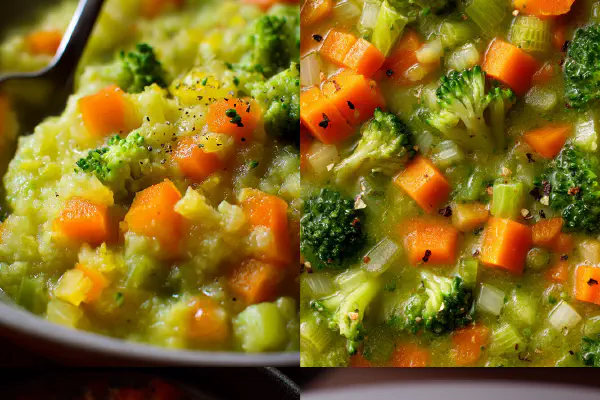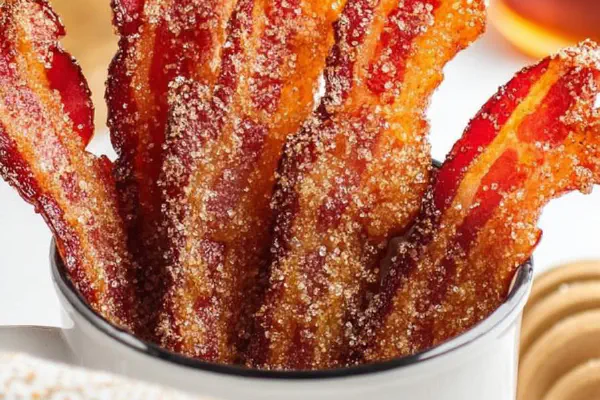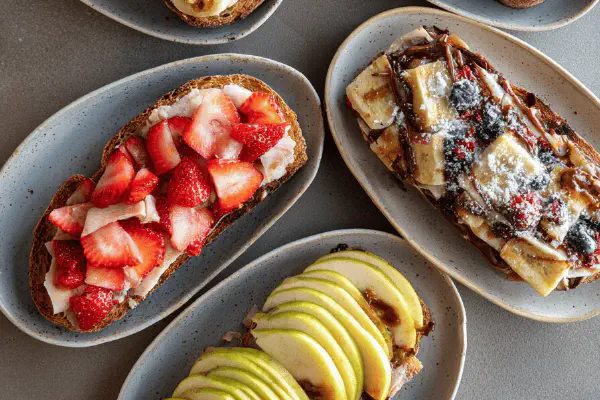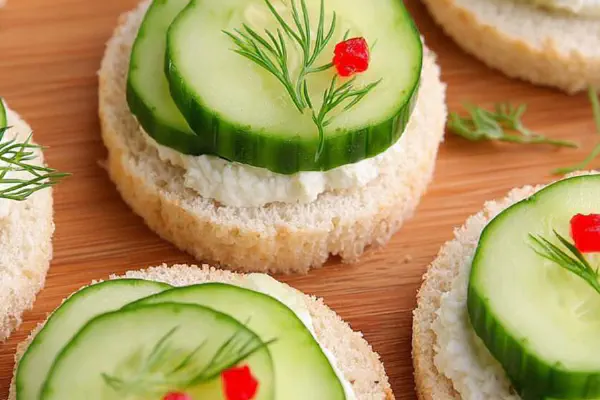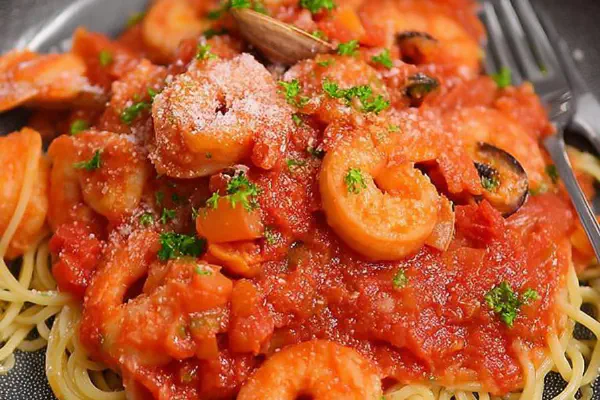
Dry-Rubbed Porc Méchoui
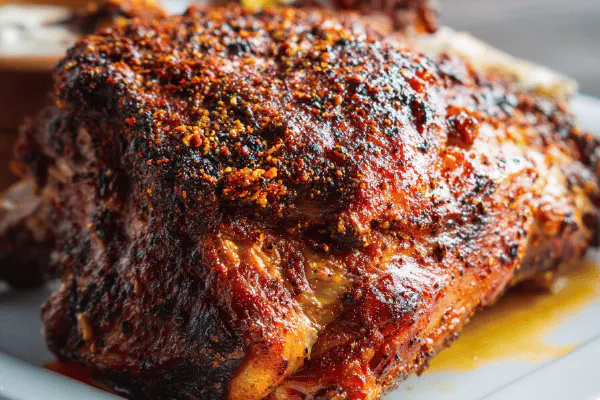
By Emma
Certified Culinary Professional
Before You Start
Ingredients
Dry Rub
- 50 ml (3 tbsp) chili powder
- 45 ml (3 tbsp) smoked paprika
- 45 ml (3 tbsp) coarse sea salt
- 25 ml (1.5 tbsp) brown sugar
- 10 ml (2 tsp) ground black pepper
- 10 ml (2 tsp) ground cumin
- 10 ml (2 tsp) onion powder
Méchoui
- 1 whole pork leg (aka pork butt) approx 11.5 kg (25 lb)
- 1 disposable aluminum roasting pan about 28 x 23 cm (11 x 9 in)
- 2 bottles (350-375 ml each) light beer (blonde or amber)
- 20 kg (about 44 lb) hardwood lump charcoal or briquettes
- Assorted hardwood logs for smoking
In The Same Category · Main Dishes
Explore all →About the ingredients
Method
Dry Rub
- 1. Combine all dry rub ingredients in a bowl. Mix well until uniform. Set aside.
Méchoui
- 2. Score the pork skin every 2.5 cm (1 in) deep enough to reach fat but not meat. This helps fat render and dry rub penetrate. Rub dry seasoning thoroughly all over, pushing some into each score. Wrap tightly or place in a large zip bag. Refrigerate 20-36 hours. Longer marinade improves flavor saturation but beware drying edges if uncovered.
- 3. Prepare fire pit or grill for indirect cooking. Build a medium-hot bed of coals with some wood chunks for smoke. Hand test heat: hold hand 15 cm (6 in) above coals, count to three before discomfort. Arrange ashes to one side for indirect heat.
- 4. Remove pork from fridge. Skewer securely lengthwise along the bone, using butcher’s twine or heavy duty wire if needed to keep shape. Position spit over indirect heat. Place aluminum pan loaded with half beer and half water beneath to catch drippings, prevent flare-ups. Add coals closer to thickest part of meat for even cooking.
- 5. Start spit turning slowly, steady rotation is key. Every 30 minutes, baste with beer to keep moist, encourage caramelization. Watch for fat drips; smoke and sizzling intensify odor. Expect 7-9 hours, but rely on probe thermometer. Target 70-75°C (160-170°F) internal meat temp, avoiding bone contact. Texture should be tender, skin crackling, meat fibers separating easily.
- 6. When done, remove from spit, tent with foil. Rest 25-35 minutes to allow juices to redistribute, avoid dryness. Peel skin off carefully; it should be crispy then. Slice thinly against grain for best chew. Serve immediately with tangy white BBQ sauce, smoked BBQ sauce, or grainy mustard BBQ sauce.
- 7. Leftovers freeze well if wrapped tightly to protect rehydration. Can be reheated slow and low to retain moisture.
Cooking tips
Chef's notes
- 💡 Score pork skin about 2.5 cm deep to reach fat layer not meat. Fat renders, draws rub inside. Don’t just surface rub. Press seasoning into cuts for flavor depth. Wrap or store tightly to keep moisture. Over 36 hours dry rub can dry edges; watch timing. Patience here matters, no shortcuts on marinate length.
- 💡 Build coals with hardwood chunks for smoke aroma. Test heat with hand—comfortable hold at 15 cm above coals for 3 seconds means medium heat. Too hot chars exterior raw inside. Wood choice affects flavor. Apple or cherry wood lends sweet smoke; avoid mesquite, can overpower and turn bitter.
- 💡 Baste every 30 mins with beer or backup mix. Dry rub plus beer keeps crust moist. Use spray bottle or brush. Dripping too much cools meat and messes temp. Resting 25-35 mins covered in foil redistributes juices; crucial. Don’t skip rest, makes difference in final tenderness and bite.
- 💡 If no spit, indirect grilling with frequent turning works but expect uneven cooking, longer times. Probe thermometer is best doneness guide. Target 70-75 °C internal. Avoid touching bone with thermometer probe or you get false temps. Slow rotation key to even crust and tender fibers splitting easily.
- 💡 Switched cumin for garlic powder; in past garlic burned bitter at low long cooks, cumin adds earthiness without harshness. Brown sugar can swap maple syrup powder or coconut sugar to tweak sweetness. Beer moistens but sparkling water with splash apple cider vinegar works if running low. Fat layer left on pork stores flavor—don’t trim all.
Common questions
How long to marinate dry rub?
Minimum 20 hours; up to 36 max. Longer gives deeper flavor but dries edges if not wrapped. Always refrigerate. No cover means crust hardens too much on edges. Timing affects seasoning penetration. Wrap tight to keep moist.
Can I use gas grill instead of fire pit?
Yes, indirect setup with wood chunks for smoke. Medium heat critical. Hand test heat for control. Charcoal better but gas with smoke chunks works. Watch flare-ups; fat drips ignite quickly, move meat as needed.
What if skin doesn’t crisp?
Score well; skin must render fat beneath. Resting important too, cools fat back slowly, skin crisps. Dry rub pressed into scores helps draw moisture out. Too wet surface slows crackle. Finish spin or grill heat can help crisp last min if needed.
How to store leftovers?
Wrap tightly to avoid drying; freeze best for long. Reheat slow and low keeps moisture. Microwave risks drying out fast. Defrost overnight in fridge. Can freeze in portions or whole. Use airtight container or heavy foil wrap.
